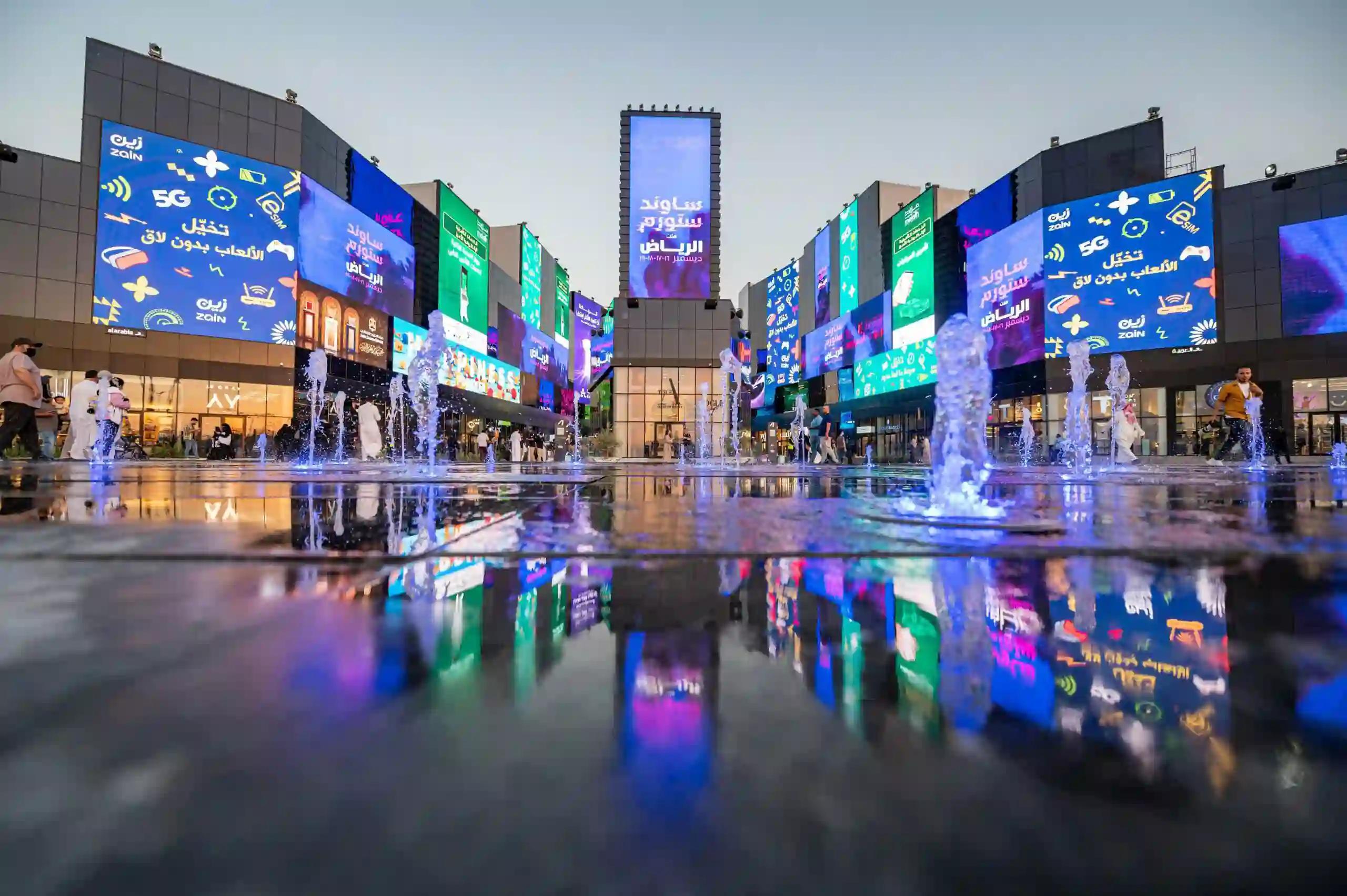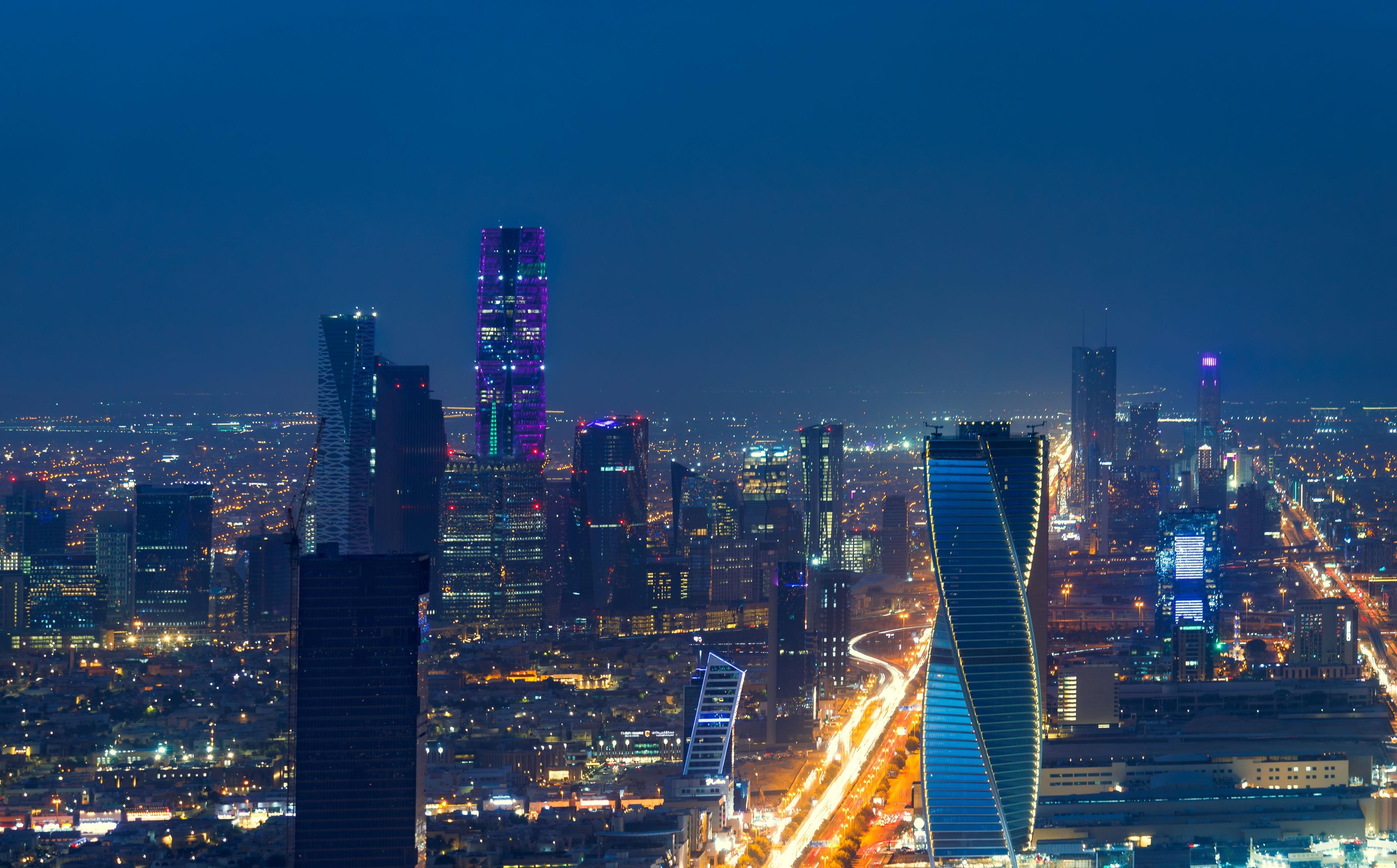
Saudi Arabia's Events Sector: Leading Opportunities for Business Expansion
Saudi Arabia’s booming events industry is attracting an influx of global companies, find out the leading opportunities in this sector.
The Saudi events market volume is expected to surpass $17.6 billion by 2031. This projected growth is anchored in a strong tourism and entertainment sector and potent infrastructure that can accommodate world-class events and global sports tournaments, notably the 2034 FIFA World Cup.
As the sector keeps expanding, the entire event value chain is set to transform, allowing the country to secure a spot on the global scene and attract international talent, capital, and attention. The Saudi events management industry, for example, is forecast to grow from $2.38 billion in 2024 to an impressive $3.45 billion by 2029.
The shift under Vision 2030, together with the country’s strategic location, growing economy, and supportive government policies, provide the ideal conditions for international businesses to flourish.
Entertainment and Leisure (E&L) Industry Opens Up Investment Opportunities in Saudi Events Industry
Saudi Arabia’s evolving entertainment and leisure (E&L) industry plays a vital role in shaping its events scene in line with the General Entertainment Authority's (GEA) objectives to turn the Kingdom into a global entertainment destination. Since its establishment in 2016, there has been a staggering increase in companies that operate in entertainment, growing from 10 to over 4,000 by 2024.
The big success in this sector in such a short span highlights the nation’s appetite for entertainment offerings, including events, with numerous opportunities to collaborate and invest up for grabs for global firms in Saudi Arabia.
As part of the Kingdom’s efforts to support the events industry, Saudi Entertainment Ventures (SEVEN) plans to spend over $13 billion to develop 21 destinations across 14 cities, providing more spaces for entertainment, leisure, and business gatherings.
Cities like Riyadh, Jeddah, and Dammam are becoming hotspots of the meetings, incentives, conferences, and exhibitions (MICE) industry.
Case in point: the Saudi seasons, including the Riyadh and Jeddah seasons, and related activities attract millions of visitors every year.
The last edition of Riyadh Season, a six-month-long festival that hosts sports, entertainment, and cultural events, welcomed 20 million visitors.
Jeddah Season 2024 has just concluded with more than 1.7 million visitors participating in 2,500 events.
That said, a lot of major developments, including giga projects such as Qiddiya, are rapidly becoming major destinations for new or long-standing repeat events across various disciplines.
The recently unveiled Qiddiya’s Performing Arts Center is expected to host about 260 events annually and attract more than 800,000 visitors each year.
Central to Al-Ula’s tourism push are In Al-Ula moments. The vibrant festival held in the Al-Ula district features a roster of events to highlight its rich history and potential as a key destination for cultural tourism.
Similarly, the Diriyah Season, which takes place in the historical district of Diriyah Gate, boasts a diverse array of sporting competitions such as equestrian events, motor racing, boxing championships, and more.
The attendees of such events generate substantial spending in various tourism sub-sectors such as hotels and resorts, dining, and travel services, significantly delivering long-term impact to the economy and generating jobs, directly and indirectly.
Tourism, Hospitality, Infrastructure, and Retail are Key Beneficiaries of the Expansion of the Saudi Events Industry
From luxury hotel chains to international restaurant franchises, foreign companies can capitalize on the influx of tourists, particularly during the Saudi Seasons and other annual or upcoming large-scale events, which necessitate infrastructure upgrades.
The broad range of industries that stand to benefit from the events in the E&L sector includes technology. Saudi Arabia's continued focus on elevating event attendee experiences positions it as a frontrunner in the emerging landscape of event engagement technology.
In sports, the Kingdom has fast become a leading destination for a wide array of sports tournaments. The dynamic and far-reaching potential of the sports events industry has supported the growth of sectors, which in turn enhances economic resilience and diversification.
With the nation hosting the 2034 FIFA World Cup, many developments are underway, including stadium construction, transportation upgrades, and hospitality improvements. The best example is the recently announced 47,000-capacity arena called the Aramco Stadium, which is to be built in a collaboration between ROSHN Group and Saudi Aramco. In addition to Aramco Stadium, the country will witness the construction of 10 more, taking the total number of stadiums that are expected to be ready by 2034 to 15.
The FIFA World Cup bid also opens doors for companies in the sports events industry, from ticketing platforms to logistics providers, offering a chance to contribute to what’s expected to become the largest edition to ever take place in a single country. The tournament is likely to provide a big boost to the hospitality industry, with 240,000 rooms expected to be available across host cities: Riyadh, Jeddah, Abha, NEOM, and Alkhobar.
In addition to soccer, the Kingdom cemented its position as an imminent host to globally renowned events across other sports. Among those are the Asian Indoor Games 2025, the 2034 Asian Games, the Winter Olympics 2029, and the next three editions of WTA Finals from 2024-2026.
E-sports has also been a key driving force fueling the expansion of the events industry, bringing an influx of visitors, gamers, and game developers and publishers to the Kingdom. The latter has been recently the host of the first-ever E-sports World Cup. Next year, it will host the E-sports Olympics. Such developments pave the way for the country to become a global sports powerhouse.
Beyond sports, hosting world-class events like the Riyadh Expo 2030 will significantly boost the Saudi economy by drawing both local and international businesses into its orbit. It is expected to add SAR 355 billion ($95.85 billion) to Riyadh’s economy.
International industry participants, from event planners to logistics service providers, and technology firms, can take advantage of the economic benefits that accompany such major endeavors.
As Saudi Arabia’s entertainment and events industries grow in size, growth opportunities remain abundant in these strategic events industries and adjacent sectors. This feeds into the overarching aim to increase Saudi tourism's GDP contribution to 10% by 2030 and boost the country’s status as a global hub for investments, tourism, and business.




